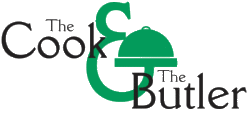
Tel: 020 7620 1818 email: cookandbutler@btconnect.com
Candlewick Ward Club
www.cityoflondon.gov.uk/.../wards
Annual Breakfast
December 2017, The Old Library, Guildhall, London
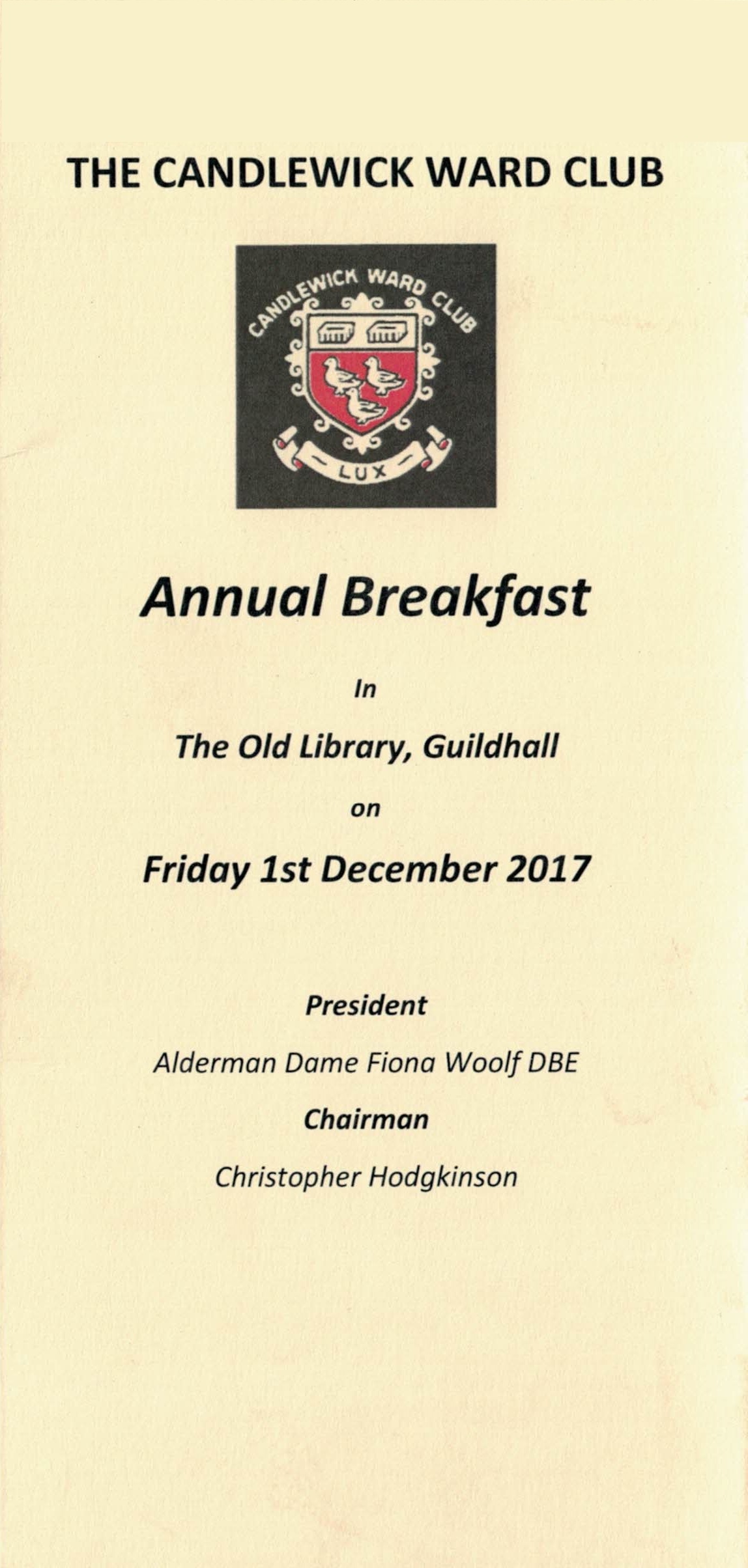

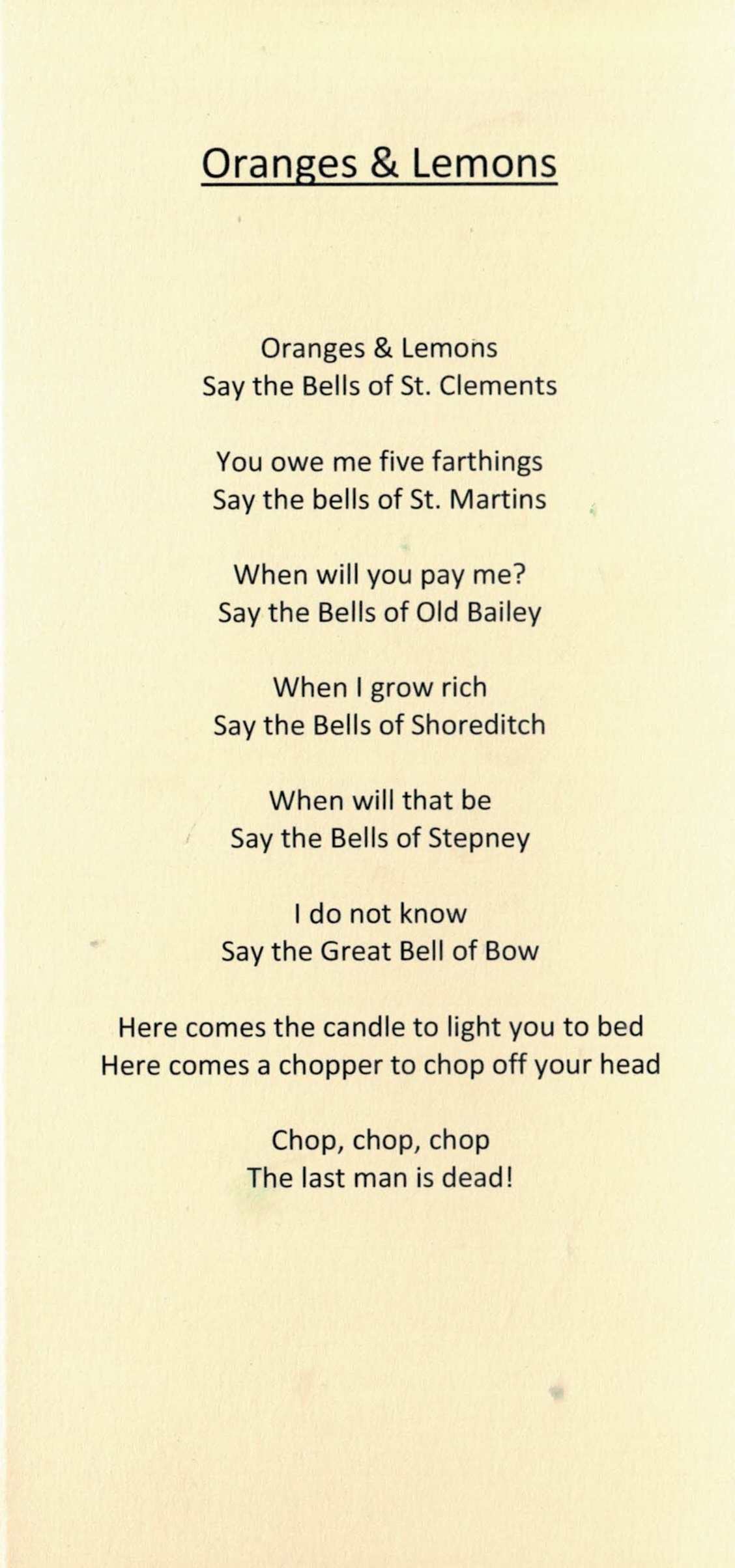

Annual Breakfast
December 2015, The Old Library, Guildhall, London
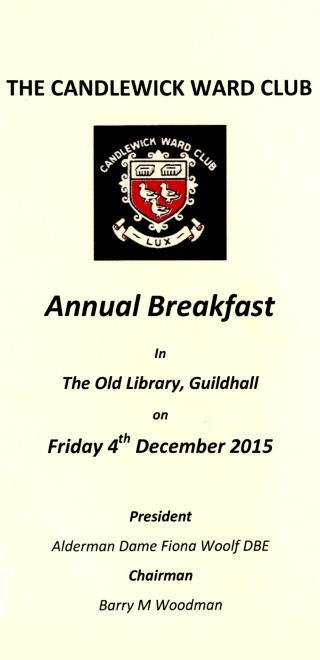
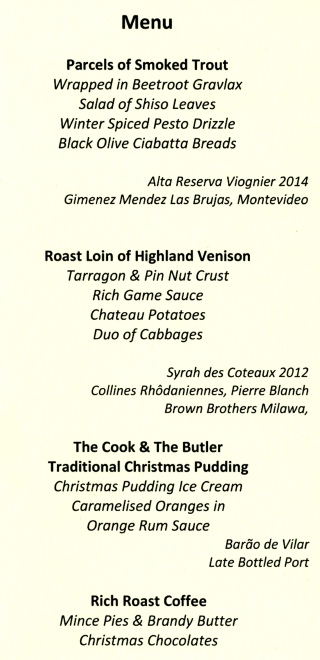
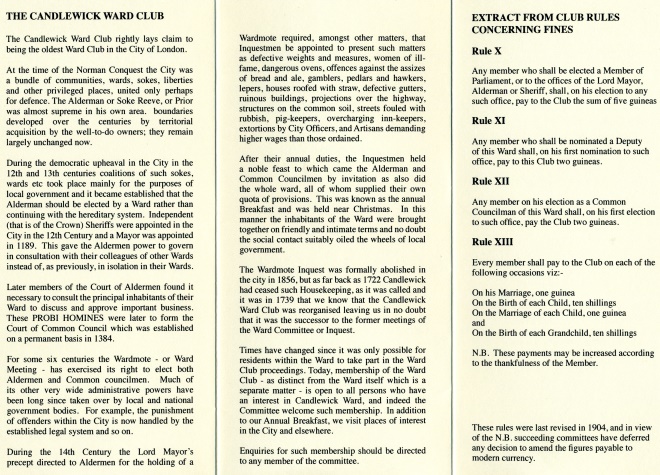

Annual Breakfast and AGM
December 2014, The Old Library, Guildhall, London
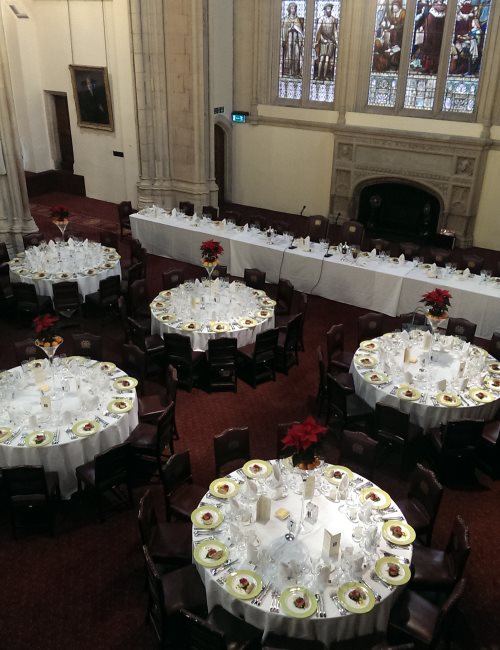
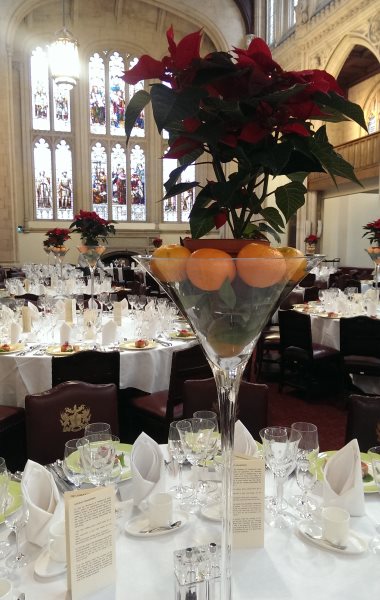
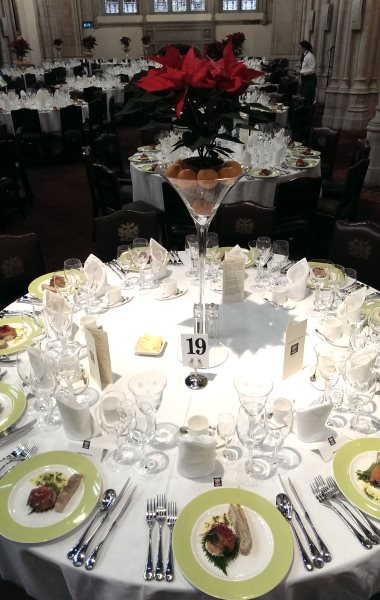
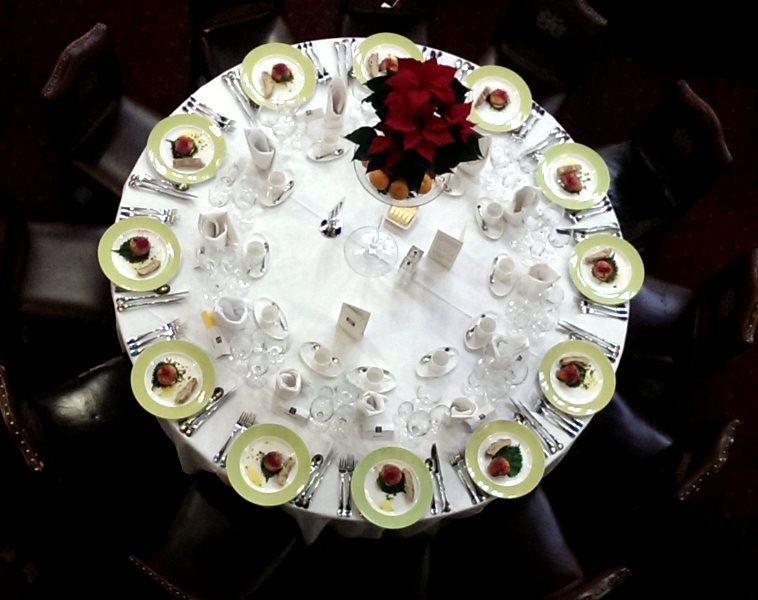

Candlewick Ward Club
The Candlewick Ward Club rightly lays claim to being the
oldest Ward Club in the City of London.
At the time of the Norman Conquest the City was a bundle of communities,
wards, sokes, liberties and other privileged places, united only perhaps for
defence. The Alderman or Soke Reeve, or Prior was almost supreme in his own
area. Boundaries developed over the centuries by territorial acquisition by
the well-to-do owners; they remain largely unchanged now.
During the democratic upheaval in the City in the 12th and 13th centuries
coalitions of such sokes, wards etc. took place mainly for the purposes of
local government and it became established that the Alderman should be
elected by a Ward rather than continuing with the hereditary system.
Independent (that is of the Crown) Sheriffs were appointed in the City in
the 12th Century and a Mayor was appointed in 1189. This gave the Aldermen
power to govern in consultation with their colleagues of other Wards instead
of, as previously, in isolation in their Wards.
Later members of the Court of Aldermen found it necessary to consult the
principal inhabitants of their Ward to discuss and approve important
business. These PROBI HOMINES were later to form the Court of Common Council
which was established on a permanent basis in 1384.
For some six centuries the Wardmote - or Ward Meeting - has exercised its
right to elect both Aldermen and Common councilmen. Much of its other very
wide administrative powers have been long since taken over by local and
national government bodies. For example, the punishment of offenders within
the City is now handled by the established legal system and so on.
During the 14th Century the Lord Mayor's precept directed to Aldermen for
the holding of a Wardmote required, amongst other matters, that Inquestmen
be appointed to present such matters as defective weights and measures,
women of ill-fame, dangerous ovens, offences against the assizes of bread
and ale, gamblers, pedlars and hawkers, lepers, houses roofed with straw,
defective gutters, ruinous buildings, projections over the highway,
structures on the common soil, streets fouled with rubbish, pig-keepers,
overcharging inn-keepers, extortions by City Officers, and Artisans
demanding higher wages than those ordained.
After their annual duties, the Inquestmen held a noble feast to which came
the Alderman and Common Councilmen by invitation as also did the whole ward,
all of whom supplied their own quota of provisions. This was known as the
annual Breakfast and was held near Christmas. In this manner the inhabitants
of the Ward were brought together on friendly and intimate terms and no
doubt the social contact suitably oiled the wheels of local government.
The Wardmote Inquest was formally abolished in the city in 1856, but as far
back as 1722 Candlewick had ceased such Housekeeping, as it was called and
it was in 1739 that we know that the Candlewick Ward Club was reorganised
leaving us in no doubt that it was the successor to the former meetings of
the Ward Committee or Inquest.
Times have changed since it was only possible for residents within the Ward
to take part in the Ward Club proceedings. Today, membership of the Ward
Club - as distinct from the Ward itself which is a separate matter - is open
to all persons who have an interest in Candlewick Ward, and indeed the
Committee welcome such membership. In addition to our Annual Breakfast, we
visit places of interest in the City and elsewhere.
Enquiries for such membership should be directed to any member of the
committee.

EXTRACT FROM CLUB RULES CONCERNING FINES
Rule X
Any member who shall be elected a Member of Parliament, or to the offices of
the Lord Mayor,
Alderman or Sheriff, shall, on his election to any such office, pay to the
Club the sum of five guineas
Rule XI
Any member who shall be nominated a Deputy of this Ward shall, on his first
nomination to such
office, pay to this Club two guineas.
Rule XII
Any member on his election as a Common Councilman of this Ward shall, on his
first election
to such office, pay the Club two guineas.
Rule XIII
Every member shall pay to the Club on each of the following occasions viz: -
On his Marriage, one guinea
On the Birth of each Child, ten shillings
On the Marriage of each Child, one guinea
and
On the Birth of each Grandchild, ten shillings
N.B, These payments may be increased according to the thankfulness of the
Member.
These rules were last revised in 1904, and in view of the N.B. succeeding
committees have deferred
any decision to amend the figures payable to modern currency.